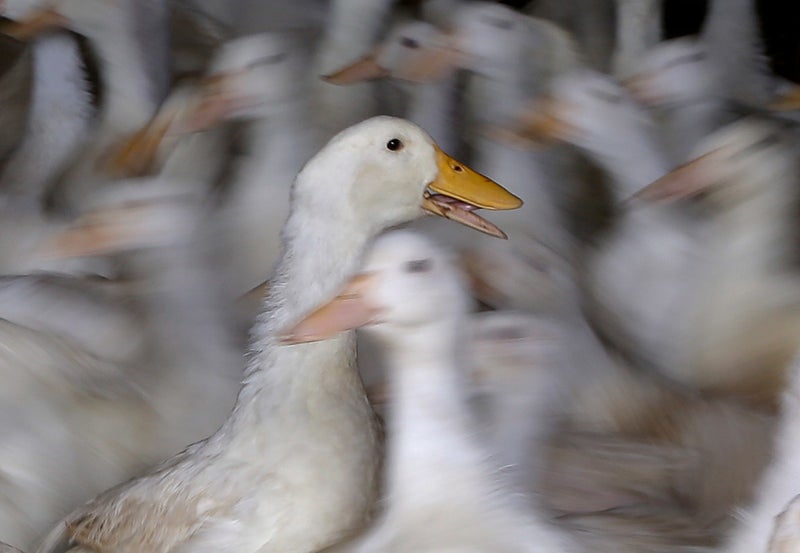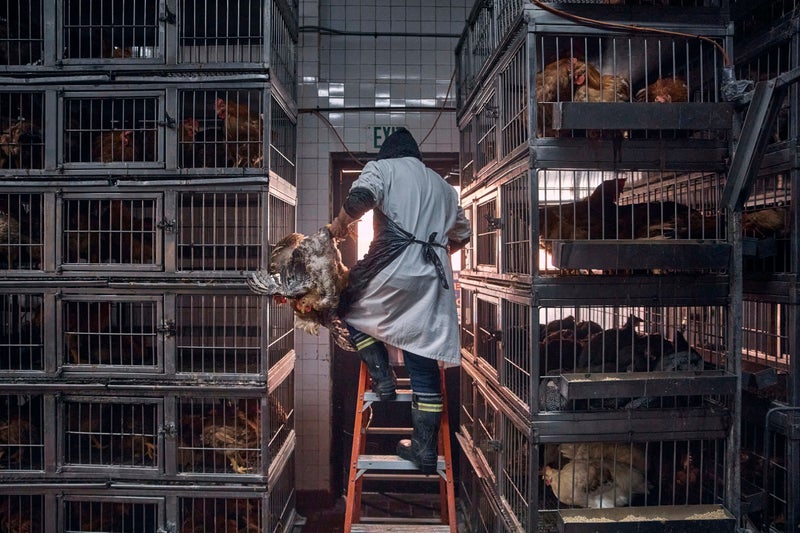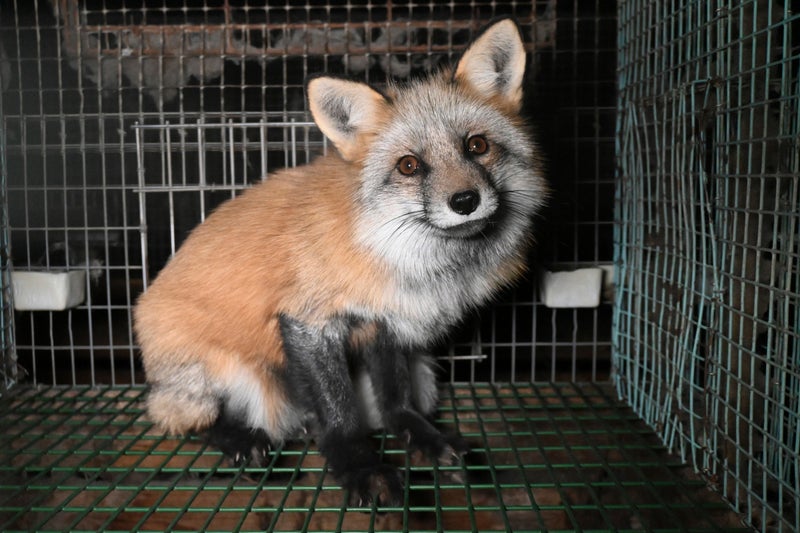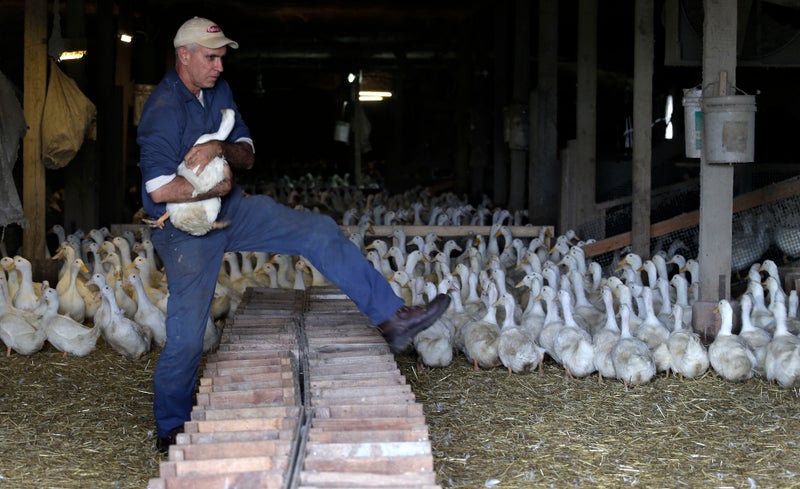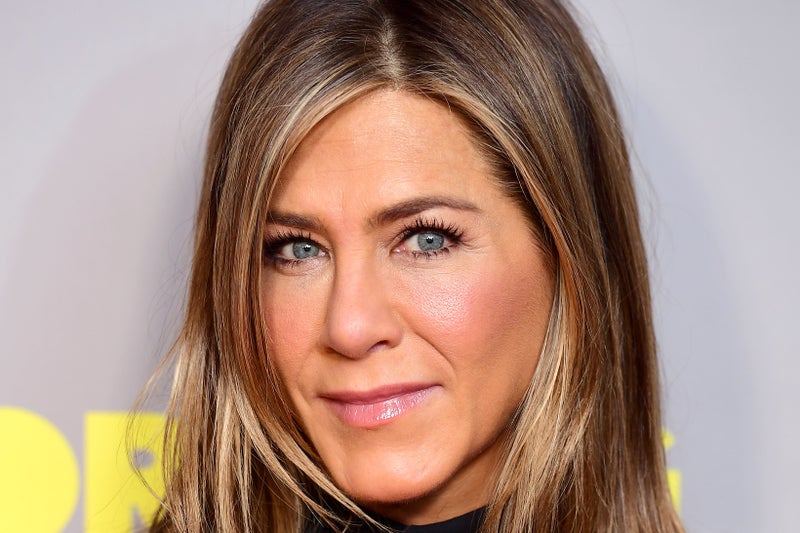The seal population could be more at risk during the breeding season, which runs from late October until early January, because seal pups have previously been found to have a higher mortality rate from bird flu than their parents.
Experts have raised fears for the seals at England’s largest colony after four were found to have died after having been infected with bird flu.
Dani Clifford, a marine conservation officer at the Wildlife Trusts, said: “Bird flu has had, and will continue to have, devastating impacts on birds, but we’re also concerned about the spread to marine mammals.
Sources at the Department for Environment, Food and Rural Affairs said they thought the seals had contracted the disease by scavenging the meat from dead or dying infected birds, but they were staying vigilant over the risk of mammal-to-mammal transmission and were conducting further tests.
The highly infectious variant of H5N1 is estimated to have killed millions of wild birds since 2021, and has spread to mammals and caused mass die-offs in sea lions and elephant seal pups.



